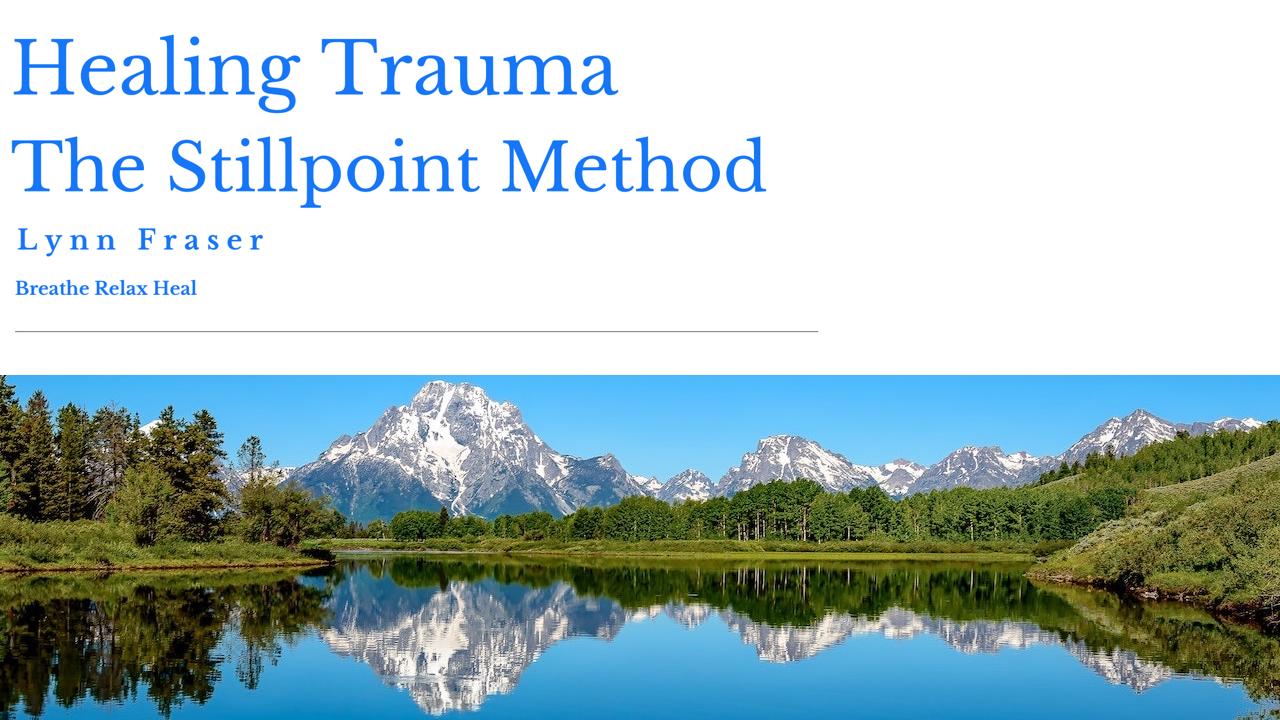Family get-togethers often feature too many people in a small space, staying up late, and too much noise, alcohol, and sugar. Add in entitlement, jealousy, childhood roles which can include bullies and scapegoats, wildly divergent political views, and prejudices. It can be a volatile mix!
If we look at the family group as a nervous system, we see a lot of conditions that create stress and not enough relief and support. We end up with a group of tall two-year-olds trapped together for the duration of the family visit. We are triggered and struggle with emotional self-regulation. What can we do to make it easier for ourselves and each other?
Emergency Intervention:
If you are on your phone reading this while the chaos is unfolding around you, breathe! Long slow exhalations of six seconds or longer down-regulate your fight/ flight/ freeze response and will help you relax and stabilize. Silently count to six as you breathe out, speak in longer sentences, hum or sing quietly. Put your hand on your stomach to remind yourself to soften your belly as you exhale. Try these Emergency Practices.
Emotional flooding is when we feel overwhelmed and our brain releases hormones like adrenaline and cortisol to prepare us for fight or flight. It takes about twenty minutes for this powerful hormone cocktail to ebb, and for the executive function in our brain to fully come back online.
Until you’re thinking clearly again, disengage! Go to the bathroom or into a quiet bedroom. Stand up and go get some water. If you can be honest, say “I’m feeling angry right now. I’m going for a walk to cool down so I don’t say something hurtful.”
Plan ahead:
We plan ahead for holiday meals by deciding what food to have, getting groceries and prepping ahead to make it easier at the time.
Some people have more tolerance for noisy, chaotic environments than others. Something as simple as noise attenuating ear plugs can make it easier to cope.
You know from experience what is the most difficult for you and your family. How can you organize the visit to acknowledge reality? What triggers can you eliminate or lessen? What supports can you increase?
If the main family activity is happening at a certain sibling’s house, can you stay with a different sibling or in a hotel? Do you need to stay as long?
Some families meet for breakfast and supper with people free to do their own thing in between. Smaller groups allow for better visits and less nervous system stimulation. It isn’t taken as an insult if someone wants to nap and read in a quiet bedroom for a few hours.
Talk ahead of time about how you would like the family visit to go. If you’re having trouble with some parts of it, others likely are too. It might mean you have to be honest about your limits. “I can’t be around Aunt Sandy after she’s had more than two drinks because she gets mean. Does anyone else feel that way? What can we do?”
“I’m just teasing. Can’t you take a joke?” Maybe someone in the family makes disparaging remarks about you or someone else. There are ways to challenge a bully. A conversation ahead of time might help. “I know you say you’re just teasing but my feelings are hurt when you say ___. I can’t allow you to talk to me that way. Please stop.” If they do it when the family is together, challenge them. “We spoke about this last week. My feelings are hurt when you say that. Don’t speak to me that way.”
Of course, this is easier said than done. In some situations, it would not be safe and some people stay away from family for very good reasons. Look to see if childhood patterns and fears are still as necessary as they once were. Adults have more agency and options than children. Challenging unhealthy patterns can be important.
Long Term Healing:
A regular practice of breathing and relaxation strengthens and heals our nervous system. We start off more self-regulated and resilient. We notice sooner when we start to clench our jaw, our shoulders are up around our ears, or our gut tenses. We have tools to relax.
Become familiar with the energy and sensations in your body. Trauma is stored in our body along with memories of past events where we felt scared, hurt and overwhelmed. Somatic therapies like the Stillpoint Method mindfulness inquiry help us to know ourselves and to release the past.
Self-regulating emotionally, being grounded and feeling relaxed are the result. We are more available to ourselves and others in challenging situations.
Join us for Tall-Two-Year-Olds on Sunday December 1st at 10AM Eastern. We will do some inquiry and share with each other.
Details here:
Annual or monthly program
Relationships Attachment and Loneliness 8 week group
Free to regular participants in online daily practice



